Healthcare providers face challenges in promoting HPV vaccination, which is now recommended for children at age 9. The good news is that there are scientifically validated, effective methods for promoting HPV vaccination. Tune in to learn more about the 3-step Announcement Approach and discover strategies to address parents' hesitation and optimize cancer prevention.
Disclosure of Conflicts of Interest
In accordance with the ACCME Standards for Integrity and Independence, Global Learning Collaborative (GLC) requires that individuals in a position to control the content of an educational activity disclose all relevant financial relationships with any ineligible company. GLC mitigates all conflicts of interest to ensure independence, objectivity, balance, and scientific rigor in all its educational programs.
Faculty:
Kenneth Alexander, MD, PhD
Professor of Pediatrics
University of Central Florida College of Medicine
Chief, Division of Infectious Diseases
Nemours Children's Hospital
Orlando, FLConsulting Fees: Merck
Noel T. Brewer, PhD
Gillings Distinguished Professor
Department of Health Behavior
UNC Gillings School of Global Public Health
Chapel Hill, NCConsulting Fees: CDC, Merck, Sanofi, WHO
Reviewers/Content Planners/Authors:
- Jennifer Brutsche has nothing to disclose.
- Cindy Davidson has nothing to disclose.
- Keith Johnson has nothing to disclose.
- Tim Person has nothing to disclose.
- Katie Sheridan has nothing to disclose.
- Mara Siegel has nothing to disclose.
Learning Objectives
After participating in this educational activity, participants should be better able to:
- Demonstrate how to use the Announcement Approach to recommend HPV vaccination to the parent of an eligible child
- Demonstrate how to respond to a parent’s concerns about the HPV vaccination by using the Announcement Approach
Target Audience
This activity is designed to meet the educational needs of pediatricians, primary care physicians, NPs/PAs, nurses, and pharmacists.
Accreditation and Credit Designation Statements
 In support of improving patient care, Global Learning Collaborative (GLC) is jointly accredited by the Accreditation Council for Continuing Medical Education (ACCME), the Accreditation Council for Pharmacy Education (ACPE), and the American Nurses Credentialing Center (ANCC) to provide continuing education for the healthcare team.
In support of improving patient care, Global Learning Collaborative (GLC) is jointly accredited by the Accreditation Council for Continuing Medical Education (ACCME), the Accreditation Council for Pharmacy Education (ACPE), and the American Nurses Credentialing Center (ANCC) to provide continuing education for the healthcare team. Global Learning Collaborative (GLC) designates this enduring activity for a maximum of .25 AMA PRA Category 1 Credits™. Physicians should claim only the credit commensurate with the extent of their participation in the activity.
Global Learning Collaborative (GLC) designates this activity for .25 nursing contact hours. Nurses should claim only the credit commensurate with the extent of their participation in the activity.
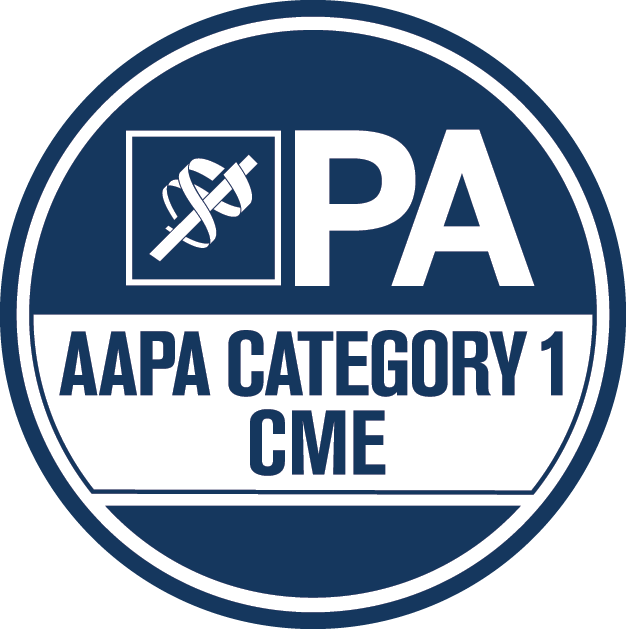 Global Learning Collaborative (GLC) has been authorized by the American Academy of PAs (AAPA) to award AAPA Category 1 CME credit for activities planned in accordance with AAPA CME Criteria. This activity is designated for .25 AAPA Category 1 CME credits. Approval is valid until July 27, 2024. PAs should claim only the credit commensurate with the extent of their participation in the activity.
Global Learning Collaborative (GLC) has been authorized by the American Academy of PAs (AAPA) to award AAPA Category 1 CME credit for activities planned in accordance with AAPA CME Criteria. This activity is designated for .25 AAPA Category 1 CME credits. Approval is valid until July 27, 2024. PAs should claim only the credit commensurate with the extent of their participation in the activity.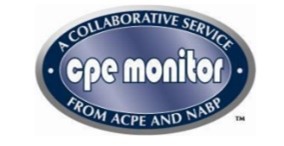 Global Learning Collaborative (GLC) designates this activity for .25 contact hours/.025 CEUs of pharmacy contact hours.1
Global Learning Collaborative (GLC) designates this activity for .25 contact hours/.025 CEUs of pharmacy contact hours.1
The Universal Activity Number for this program is JA0006235-0000-23-037-H01-P. This learning activity is knowledge-based. Your CE credits will be electronically submitted to the NABP upon successful completion of the activity. Pharmacists with questions can contact NABP customer service (custserv@nabp.net).1A CEU is one-tenth of the credits certified. For example, if 4.0 credits, the CEUs would be 0.4.
Provider(s)/Educational Partner(s)
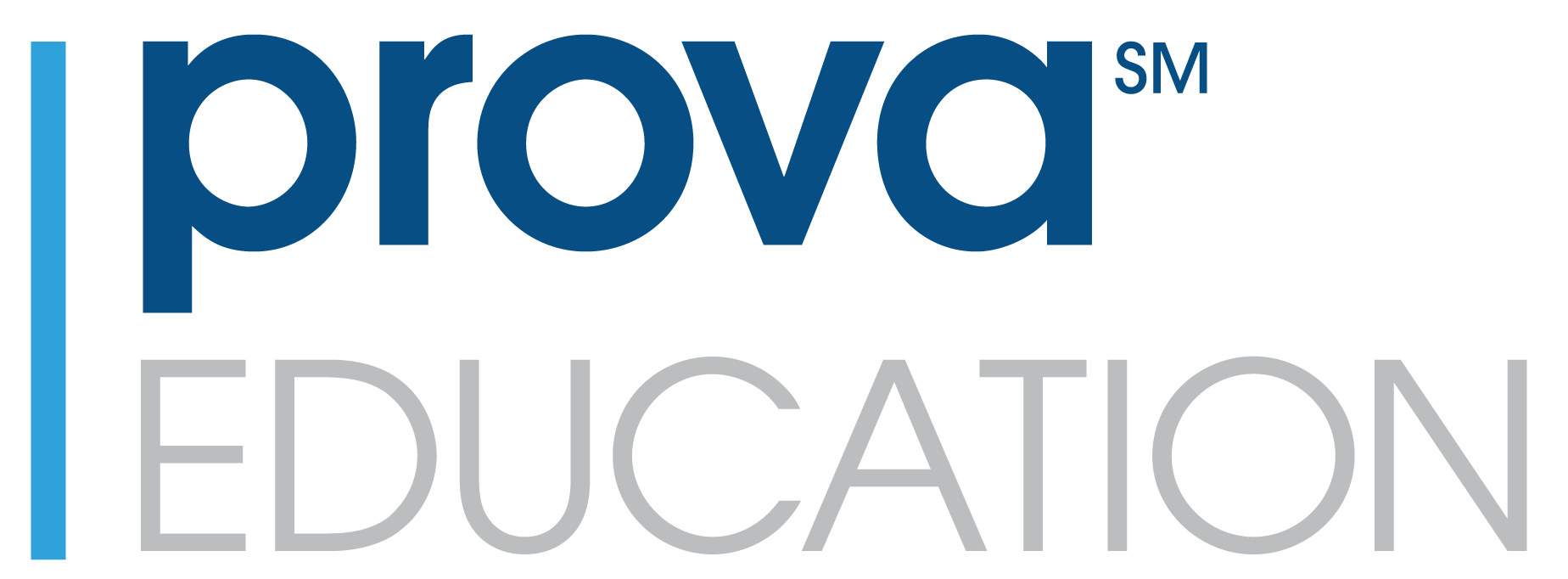
Prova Education designs and executes continuing education founded on evidence-based medicine, clinical need, gap analysis, learner feedback, and more. Our mission is to serve as an inventive and relevant resource for clinical content and educational interventions across a broad spectrum of specialties.
Prova Education's methodology demonstrates a commitment to continuing medical education and the innovative assessment of its effects. Our goal is clear—to develop and deliver the very best education in the most impactful manner and to verify its results with progressive outcomes research.
Commercial Support
This activity is supported by an independent educational grant from Merck & Co, Inc.
Disclaimer
The views and opinions expressed in this educational activity are those of the faculty and do not necessarily represent the views of GLC and Prova Education. This presentation is not intended to define an exclusive course of patient management; the participant should use his/her clinical judgment, knowledge, experience, and diagnostic skills in applying or adopting for professional use any of the information provided herein. Any procedures, medications, or other courses of diagnosis or treatment discussed or suggested in this activity should not be used by clinicians without evaluation of their patients’ conditions and possible contraindications or dangers in use, review of any applicable manufacturer’s product information, and comparison with recommendations of other authorities. Links to other sites may be provided as additional sources of information. Once you elect to access a site outside of Prova Education you are subject to the terms and conditions of use, including copyright and licensing restriction, of that site.
Reproduction Prohibited
Reproduction of this material is not permitted without written permission from the copyright owner.System Requirements
- Supported Browsers (2 most recent versions):
- Google Chrome for Windows, Mac OS, iOS, and Android
- Apple Safari for Mac OS and iOS
- Mozilla Firefox for Windows, Mac OS, iOS, and Android
- Microsoft Edge for Windows
- Recommended Internet Speed: 5Mbps+
Publication Dates
Release Date:
Expiration Date:

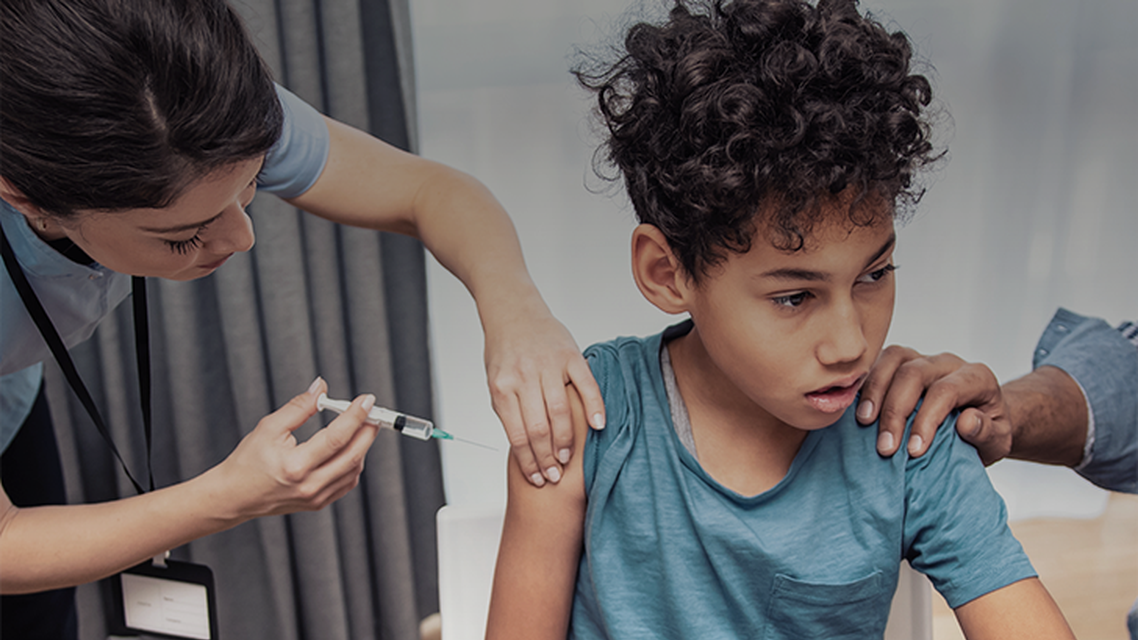


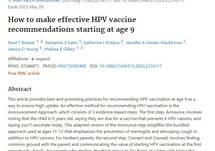
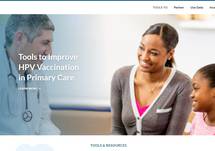









Facebook Comments